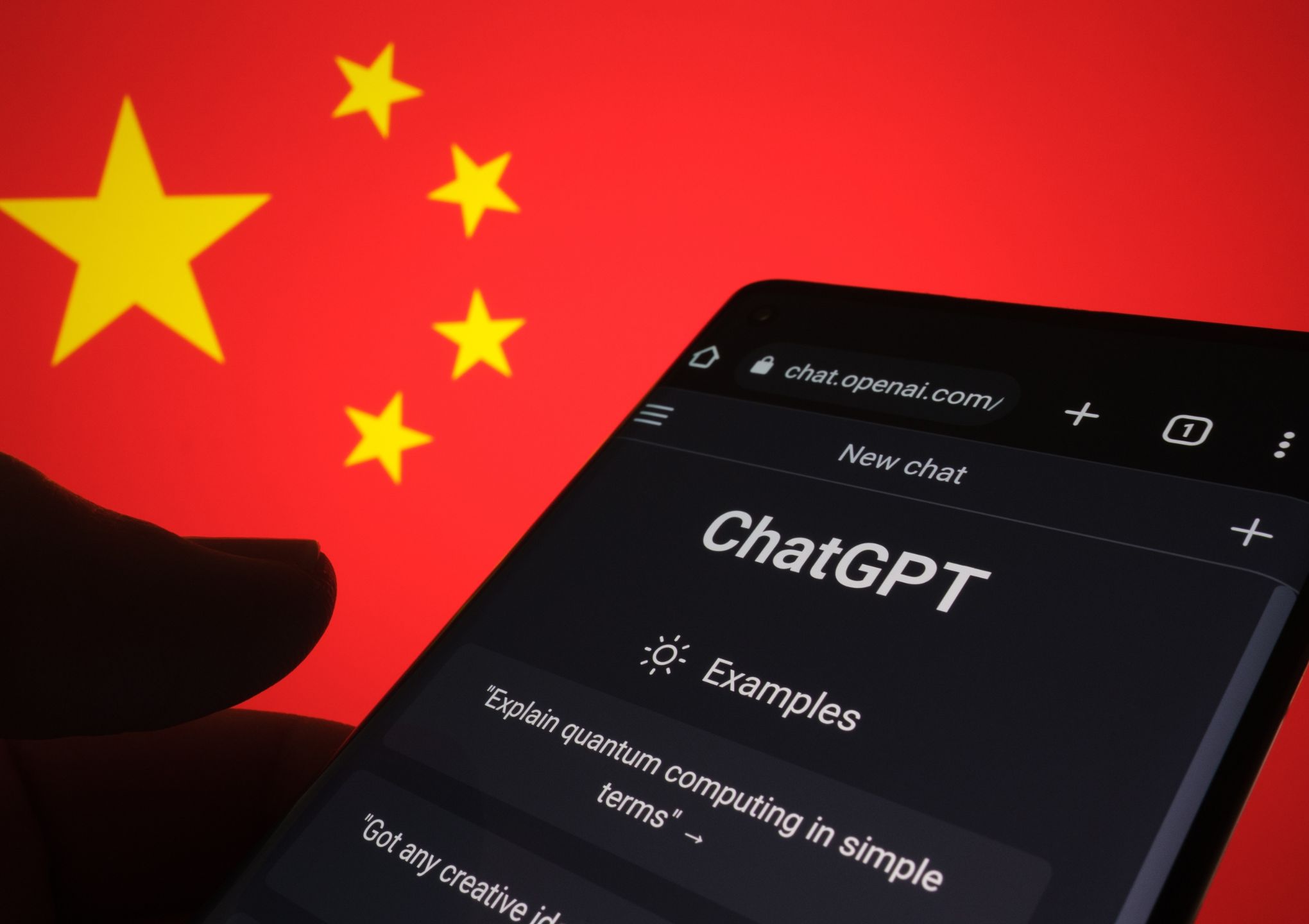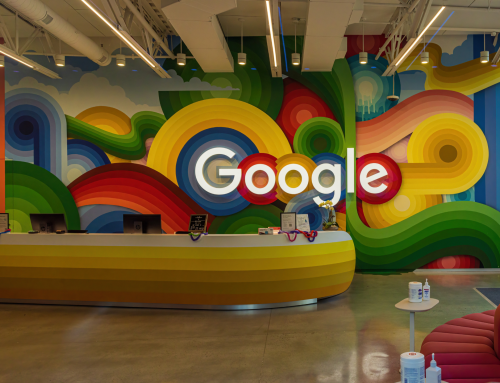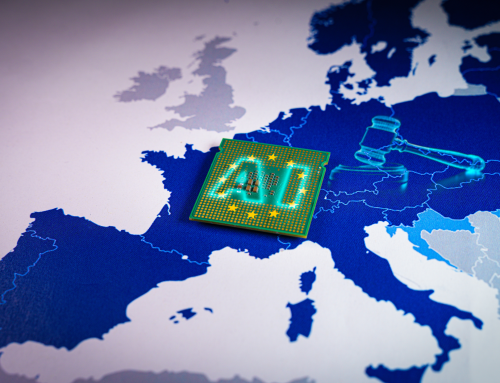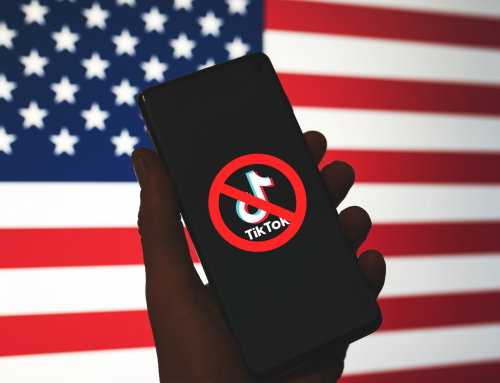A new era for AI regulation
Starting August 15, China will introduce the world’s first regulations for generative artificial intelligence (AI). With the release of these “interim measures” by the Cyberspace Administration of China and other ministries, the country marks the beginning of a new era in AI regulation. These measures appear to represent the first decisive step in a fledgling and unexplored area of technology legislation.
Balancing security and innovation
The provisional nature of the regulations suggests that the Chinese government is trying to balance between keeping citizens safe and supporting domestic AI companies. The goal appears to be twofold: to ensure the safety and interests of citizens on the one hand, and to ensure that local technology companies remain competitive, especially in the face of international competition from technology giants such as OpenAI’s Chat-GPT.
Caution and legal certainty for vendors
At the World Artificial Intelligence Conference in July, the need for clear AI guidelines for companies like Baidu and Alibaba became clear. With the previous uncertainty surrounding the regulation of AI technologies, it was not possible for visitors to the show to directly test AI chatbots. But with the adoption of these new guidelines, such restrictions may soon be a thing of the past.
Priorities and changes in draft regulations
The revised regulations reflect the priorities of the Chinese AI industry and regulators. It is worth noting that the government emphasizes its support for generative AI in the new rules. This includes a plan to promote the construction of public data platforms for AI training and to support the efficient use of computing resources. These decisions could set the direction for AI development in China in the coming years.
International impact and barriers to entry
The new regulations could also have a significant impact on the international market. While Chinese AI services are not bound by domestic laws internationally, the introduction of these regulations could pose significant barriers for foreign AI providers targeting the Chinese market. China’s strict and ideological law could prove to be a significant hurdle, especially for companies operating in the AI industry.
A harbinger of future AI regulation worldwide?
China is clearly aiming to lead the way in AI regulation. The country is showing a strong interest in playing an active role in formulating international AI standards. The global race for clear AI guidelines will only intensify as a result of such measures, and it will be exciting to see how other countries respond to these developments.







